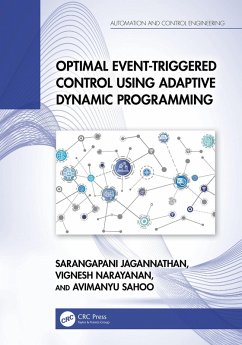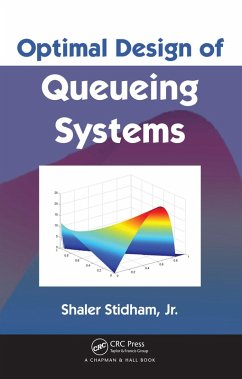
Optimal Control (eBook, ePUB)
Linear Quadratic Methods

PAYBACK Punkte
11 °P sammeln!
Optimal Control (eBook, ePUB)
Dieser Download kann aus rechtlichen Gründen nur mit Rechnungsadresse in A, B, BG, CY, CZ, D, DK, EW, E, FIN, F, GR, HR, H, IRL, I, LT, L, LR, M, NL, PL, P, R, S, SLO, SK ausgeliefert werden.













